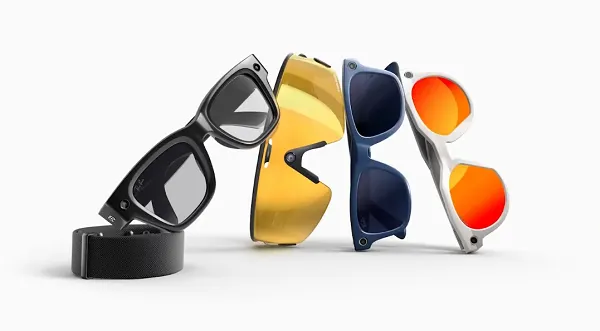DTC brands on TikTok are preparing for the app's possible ban
Despite the chatter about TikTok, some DTC brands aren't overhauling their social media strategies just yet.

As TikTok braces for a possible ban in the U.S., direct-to-consumer brands that have been massively successful on the platform don’t seem to be hitting the panic button—or altering their TikTok strategies—just yet.
The ability to engage with young audiences by partnering with popular creators has made TikTok the platform of choice for many DTC brands on modest marketing budgets. Now, their leaders and others are waiting to see what's to come in TikTok's future.
The U.S. government reportedly told TikTok’s Chinese owners, ByteDance, that they had to sell their shares of the app or risk being banned.
Related news: How TikTok is talking about the possible ban
“I’ll believe it when I see it,” said Hope Chambers, a marketing consultant for sleep brand Loftie. “This isn’t just a hub of dance videos—so many people’s businesses and brands are built on the app. I don't think it’s something they’re just going to delete overnight.”
A TikTok ban could hit DTC brands hard. DTC advertisers ranked TikTok as their “most valuable platform” in a September study from Triple Whale. The report also noted that ad spending from DTC brands on TikTok had surged 231% over the past year, hitting $30 million in the second quarter of 2022.
“Threats of banning the use of TikTok in the U.S. are not new,” Suze Dowling, co-founder of a portfolio of DTC brands called Pattern Brands, said. But she added that, as a brand, it’s important to stay in the know, and that Pattern and its brands would “pivot to meet users on similar platforms, like IG reels,” if the ban actually went through.
Dowling noted that Pattern has focused its TikTok strategy on working with creators through paid partnerships. Some of Pattern’s brands include home decor companies OpenSpaces and Letterfolk.
“Until it is banned—if it’s banned—our strategy remains the same; lean in where we have positive data trends and meet our customers where they are, including TikTok,” she said.
Dowling isn’t alone—many other DTC marketers don’t plan on changing their approach to the platform until there’s more news on the matter.
“My initial reaction is to sit back and watch it play out—we can't change what the outcome will be, we can only be in charge of how we react to it and adapt to the news as a small business,” said Caitlin Cash, founder of Kinship Milk Tea, adding that the brand is “fairly new” to TikTok.
Cash added that it does seem like the government is “getting more serious” about the ban. Even so, she doesn’t think there’s much for her to do until she has more news. “We are not going to spend any less time and energy on TikTok than we currently do with the recent news,” she said.
DTC plant care brand Flourish has been on TikTok since the brand rolled out about a year ago, and caters to the #PlantTok corner of the app. Lila Sullivan, its president and co-founder, said she also plans to stay the course on TikTok until further notice. “We don't want to make any dramatic changes before we see what's really about to happen,” she explained.
Other brand leaders have similar strategies.
“We're paying attention to how the story unfolds, but we're currently staying the course of investing time/human resources into building our TikTok presence,” said Becca Millstein, co-founder and CEO of tinned fish brand Fishwife. “We believe that TikTok can be a powerful source of organic discovery and hope that we have the opportunity to utilize it as such.”

 Lynk
Lynk 































